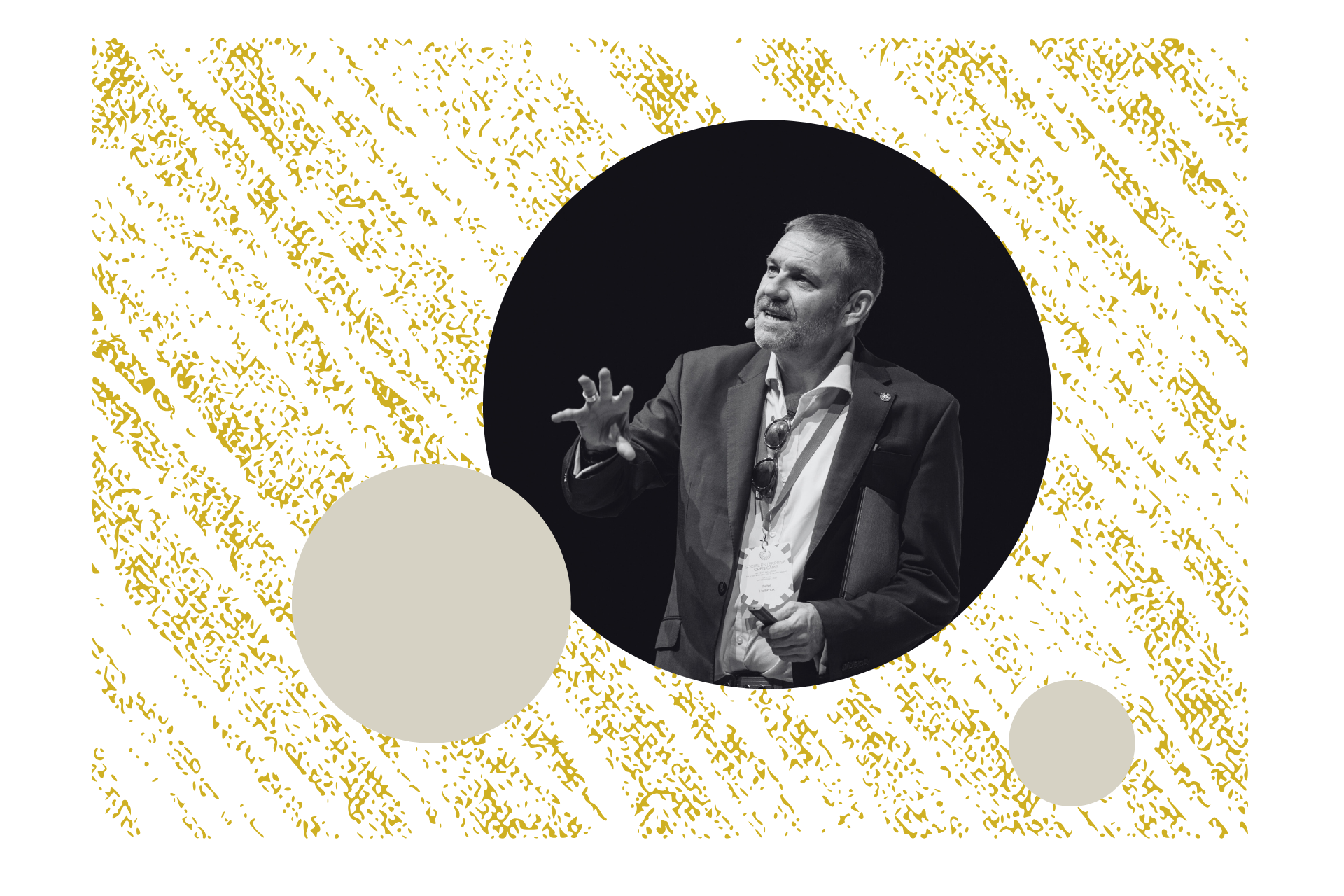News and views
Change via consultation? How central government can shift culture and practice, and embed social value

Social Enterprise UK’s Director of Research and Policy, Emily Darko, looks at the government’s consultation on procurement and social value, what its proposed changes may mean for social enterprises and how they can be improved, arguing that key to everything is a change in culture.
At Social Enterprise UK, we’ve long pushed for a public procurement landscape that can better benefit from the wide and deep value that social enterprise delivery brings. In the face of ever-growing complexity and need, it has felt for some time that every step forward in social value or progressive commissioning is countered by lack of capacity, understanding, risk appetite or appropriate investment, and confusion of measurement or tracking.
Government’s consultation on procurement and social value, led by Georgia Gould MP, closed on Friday 5 September. It’s nice to have a consultation, but I pity the civil servants on the receiving end of this latest approach to improving procurement! What needs to change in commissioning and procurement is culture. Existing legislation broadly allows for all the good practice this consultation implies. The main caveat to this being social value – social value legislation needs more teeth. It needs to cover works and goods. It needs to be mandated.
Reporting, transparency and accountability could help government actors create space to understand and engage with voluntary, community and social enterprise organisations (VCSE’s) beyond the often ‘add-on’ approach at the moment. More is needed to help this work – oversight and scrutiny, training and capacity building, peer learning and best practice sharing. Building on the Contract Readiness Fund commissioned by DCMS in 2022 would be a step in the right direction. And mandating minimum VCSE spend and minimum social value weighting in tenders, alone, is insufficient. But does set a higher minimum bar to start from.
The consultation alludes to, but doesn’t clearly set out a vision for change. Better commissioning approaches need co-production, trust, risk-taking and learning. Minimum standards are a start. Options around reserved contracts are a useful move towards commissioners identifying best solutions. But in a context of stretched budgets and stretched staff, improved practice requiring headspace and brains coming together for solutions is key.
In more detail, this is how we see the government’s current consultation on procurement can add value:
Mandating targets and accountability: a step in the right direction
To ensure true accountability and drive meaningful change, government’s proposal to mandate large contracting authorities with a spend of over £100m to set and publish three-year targets for spending with SMEs and VCSEs should also apply to large suppliers who are recipients of major contracts. 50% of government spend with SMEs is indirect, so it feels a huge missed opportunity (assuming similar demographics within VCSEs) to only focus on direct spend.
Targets and reporting alone are not enough. They must be accompanied by a comprehensive strategy to support the sustained growth of VCSE and SME provision. This includes pre-commissioning collaboration, long-term contracting to provide stability, and reserved contracts to open up opportunities. A co-designed social value framework, developed in partnership with social enterprises and sector representatives, is also crucial to ensure that targets are meaningful and deliver genuine public benefit.
Transparency as a foundation for change
We strongly support the push for greater transparency in the procurement process. Extending the requirements of Section 70 of the Procurement Act to publish information on all payments, including those on below-threshold contracts, can help VCSEs understand where opportunities lie, both as direct suppliers and within larger supply chains. It would also allow external stakeholders to scrutinise data, providing insights into the representation and impact of different suppliers.
For this data to be truly useful, it must be accompanied by a clear data framework and methodology, particularly for identifying and tracking social enterprises. Additionally, without meaningful mandates or repercussions for non-compliance, there is a risk that this transparency requirement could become purely a burden on contracting authorities, rather than a tool for positive change.
Beyond competition: prioritising quality in people-focused services
We agree that there should be flexibility to award contracts for “people-focused services” without competition – as we see the potential of collaborative commissioning through the pioneering work of local government in places such as Greater Manchester, working with social enterprises and coops to overcome profiteering and declining quality of provision in children’s residential services.
Current procurement frameworks often fail to deliver cost-effective, high-quality service provision, marginalising VCSEs that are best placed to deliver on these needs. However, simply allowing for this flexibility is not enough to change culture and practice. Clear guidance for commissioners, helping them to adapt to less rigid approaches and to effectively identify and retain the best service providers is needed. How this permissive framework will be used and external regulation to prevent an ongoing cycle of poor-quality provision must be embedded. Flexibility should extend beyond social care to other critical areas such as education and training, health care, and employment support.
Strengthening social value: mandating and broadening scope
The Social Value Act needs refreshing to mandate social value weighting and delivery, and to expand it to include works and goods, not just services.
The consultation’s focus is on a minimum 10% weighting and specific measurement metrics for social value criteria. From our freedom of information work last year, we know that many local authorities don’t consistently achieve this at present. But it is a narrow interpretation of social value’s full potential. A holistic measurement approach is needed, one that recognises the deep and embedded social value that social enterprises deliver as part of their core mission. For example, a social enterprise that employs individuals who are furthest from the job market may be incorrectly scored lower than a large for-profit company offering a short-term apprenticeship scheme, if the framework is not carefully designed.
Mandatory social value audits for public bodies and large businesses every three years, along with the appointment of an accountable officer for social value in every public body could help.
National and local government spend billions each year buying goods and services – and their choices of provider affect whether or not our waterways have raw sewage in them, whether we live in safe housing, our children’s education, support for those of us with disabilities, and care for our most vulnerable friends and family members. Who delivers these services matters. Government can’t do it all. But government can facilitate collaborative, productive ways to ensure that those who do provide public services do so well. And that we get beyond binary arguments about insourcing vs outsourcing to consider new models and approaches that deliver the best possible public services.
We welcomed Georgia Gould’s progressive approach and proactive engagement to hear from us and others on what’s needed – and look forward to working with her newly-appointed successor. A consultation is a welcome step. But it needs to sit within the context of a vision for public service delivery that understands and embeds VCSE suppliers as a vital value add. A vision that facilitates all involved to collaborate towards better outcomes for all of us in our daily lives.
You can read our full response to the consultation here.



